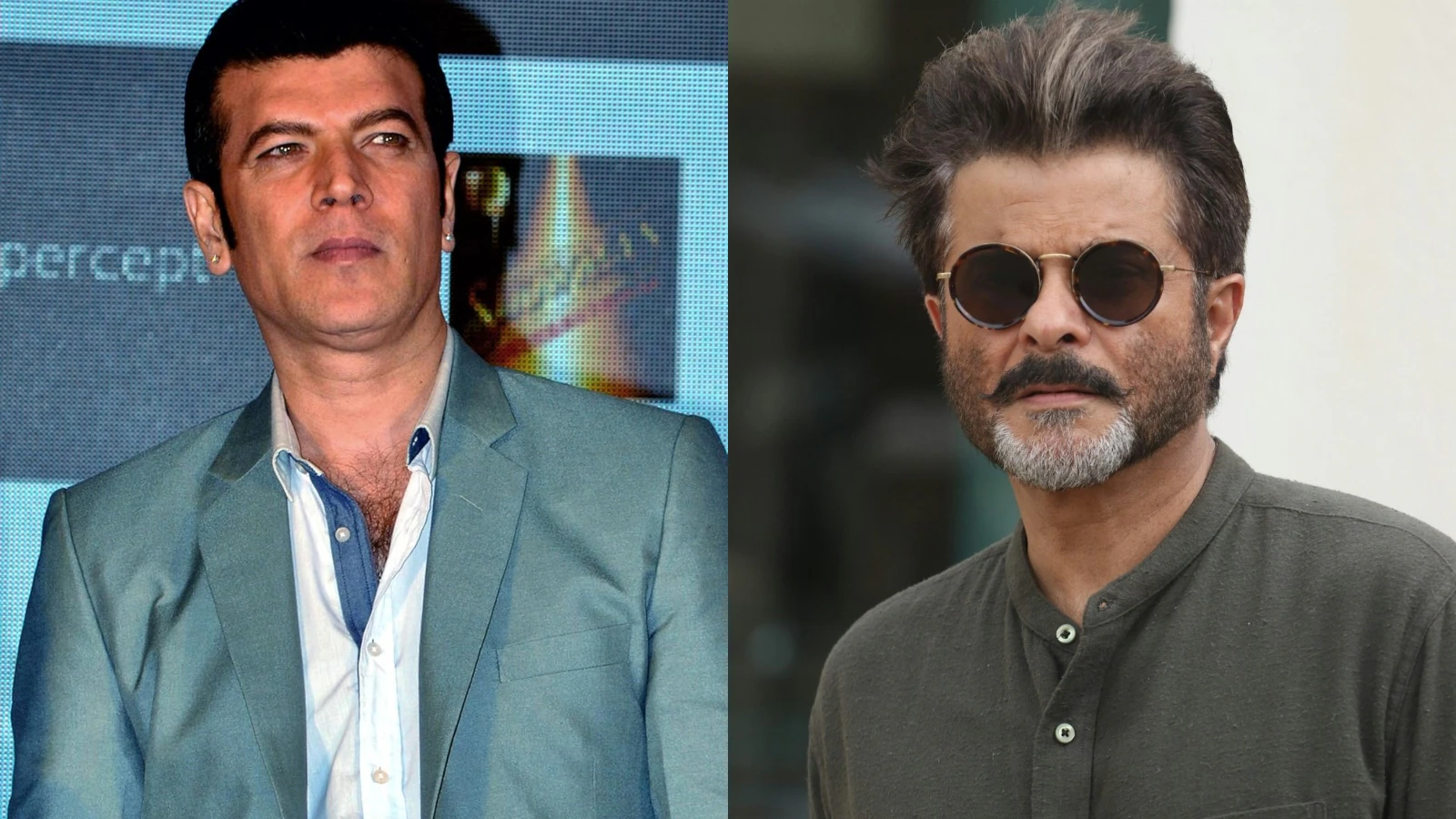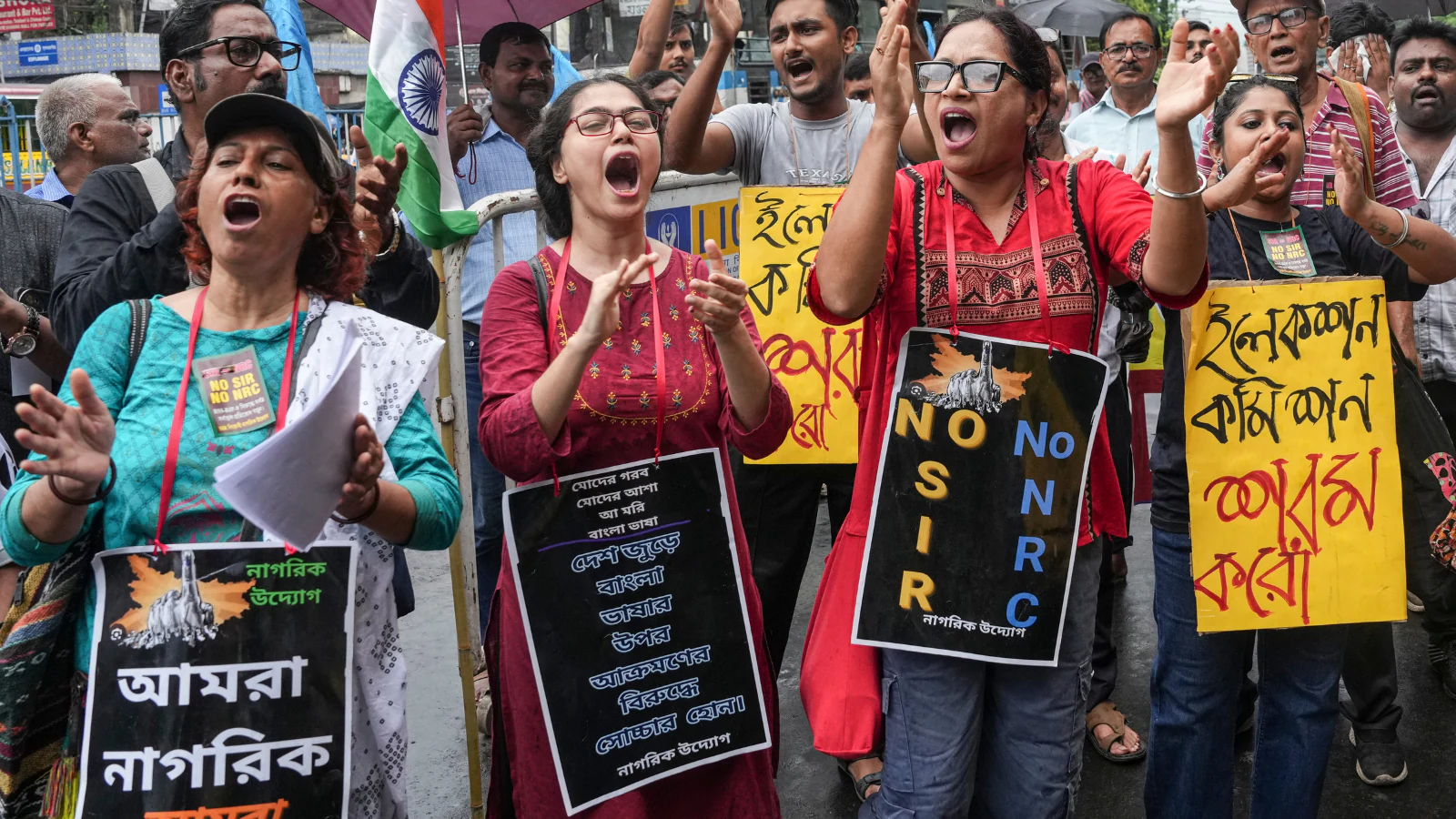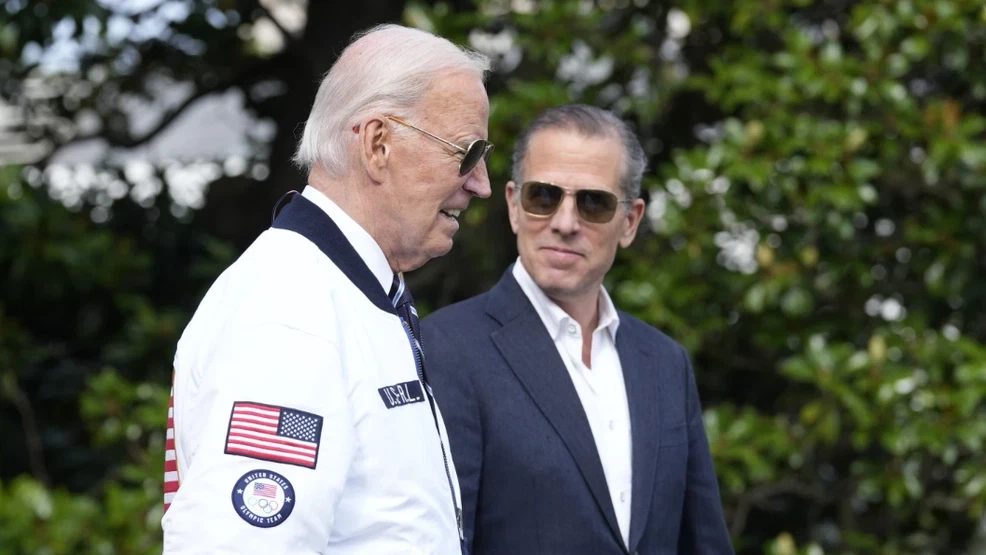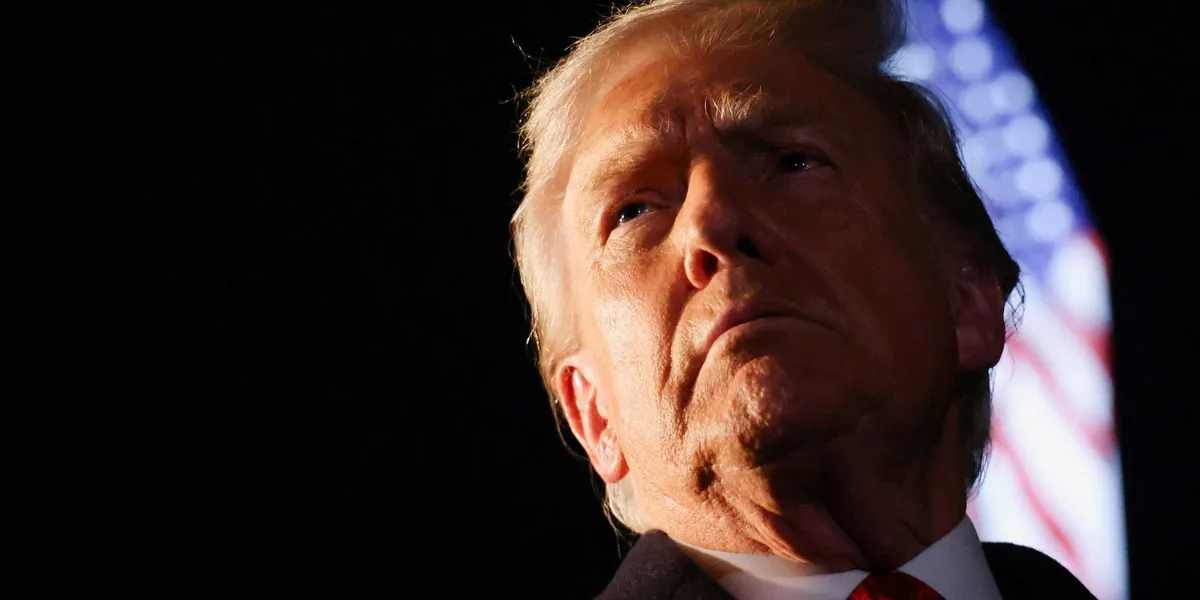Copyright Anchorage Daily News

BRUSSELS - A general election in the Netherlands delivered a blow to the far-right party that had been the top vote-getter in the last election: A centrist party is poised to be the biggest winner, as results emerged Thursday. Rob Jetten’s center-liberal D66 was locked in a neck-and-neck race with Geert Wilders’ nationalist, anti-immigrant Party for Freedom (PVV) in an election so close that less than 2,000 votes separated the front-runners. Counting resumed Thursday morning. Jetten’s party made sweeping gains by nearly tripling its seats, while Wilders’ party suffered a drop from its shocking first-place win that upended Dutch politics in the last election in 2023. Both parties were projected to get 26 seats in the 150-seat lower house of parliament, according to an exit poll from Dutch news agency ANP. Wednesday’s election became a microcosm of competing visions in the West, with Wilders representing a staunchly anti-migrant and populist view in line with the U.S. MAGA movement and far-right parties across Europe, including France’s National Rally. Jetten’s party embraced optimism, the politics of civility, affordable housing and a green agenda. “The positive forces have won!” Jetten posted on X. “I want to get to work for all Dutch people, because this is the land of us all!” The defeat for Wilders’ party was, to some degree, self-inflicted, as his decision to pull out of the governing coalition over immigration issues collapsed the government and forced a new election. Especially if Jetten - a photogenic, openly gay political leader from the center-left - emerges as prime minister, the outcome would also be seen as a pendulum shift and confidence boost for embattled European centrists following victories by the far-right across the region. “The voter has spoken,” Wilders, one of Europe’s most enduring populist firebrands, posted on social media after exit polls on Wednesday night. “We had hoped for a different result, but we stuck to our guns,” he said. “We are more combative than ever and still the second and maybe even the biggest party of the Netherlands.” The polls suggest a swing closer to the political center in the Netherlands after a coalition government led by the PVV fell in the summer. Like other centrists in Europe, Jetten has moved to the right on migration - Wilders’ pet issue, but also one preoccupying European voters. Jetten backed the notion, for instance, that asylum seekers be processed outside the European Union, a position shared by staunchly right-wing European leaders, including Italian Prime Minister Giorgia Meloni. The early election was triggered by Wilders pulling his party out of the coalition, when coalition partners did not back his hard-line anti-refugee and migration plans, which included revoking Dutch nationality from citizens with dual passports. Wilders, nicknamed the “Dutch Donald Trump” during his rise in the country’s last election, has led the Euroskeptic political movement in the Netherlands for nearly two decades. He is known for his anti-Islam rhetoric and was found guilty of discrimination by a Dutch court in 2016. The country’s mainstream parties ruled out governing with Wilders ahead of the election, although he can still loom over the country’s politics from the opposition. After the election and with no party gaining a solid majority, lengthy talks to form a coalition government will follow. The result could pave the way for 38-year-old Jetten to get the lead in forming the next government and become the country’s youngest prime minister. “We’ve shown not only to the Netherlands, but also to the world that it is possible to beat populist and extreme-right movements,” Jetten told cheering supporters Wednesday. “Millions of Dutch people have turned a page and said goodbye to the politics of negativity.” Immigration, housing, and health care emerged as some of the top issues on voters’ minds in the run up to the election. For the far-right, a period on the sidelines may not necessarily be a bad outcome. Wilders has long thrived as a rabble rouser in opposition, deftly critiquing centrists in power as inefficient and weak. Any victory for Dutch centrists now may also be short-lived, with the country’s political scene now so fragmented and divided that any new government could be fragile. “We need to keep in mind that Wilders can cause chaos from the sidelines given how unstable any coalition will be,” said Catherine Fieschi, a political analyst and fellow at the Robert Schuman Center of the European University Institute in Florence and the author of a book on populism. “My sense is the Dutch [will be] back at the polls in a year.” She added: “This really is a story of fragmentation … 27 parties!!” The right-wing PVV scored a stunning first-place win in the 2023 legislative elections after the resignation of Mark Rutte, the country’s longest-serving prime minister who is now NATO’s secretary general. But Wilders was still unable to claim the position of prime minister in coalition talks, facing pushback even from other conservative parties over his controversial views, often criticized as extremist. - - -



